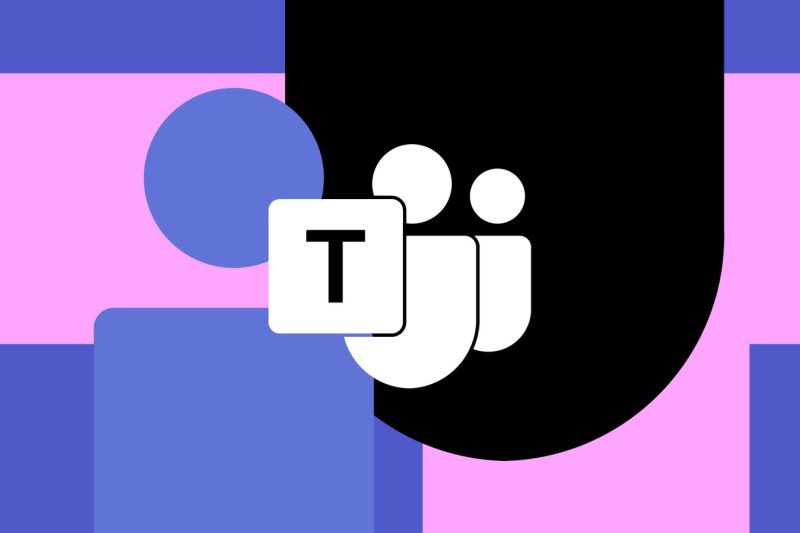In recent news, Microsoft has come under fire for its bundling of the Teams software with its popular Office suite, resulting in accusations of antitrust violations by the European Union. This move by Microsoft has raised concerns over fair competition within the software industry and has sparked a debate on whether bundling practices can stifle innovation and limit consumer choice.
The European Union’s decision to charge Microsoft with violating antitrust laws is a significant development that could have far-reaching implications for the tech giant and the industry as a whole. This move highlights the increasing scrutiny that tech companies face from regulators around the world as they seek to ensure a level playing field and protect consumer interests.
Microsoft’s bundling of Teams with its Office suite has been a strategic move to gain a competitive edge in the growing market for collaboration tools and communication platforms. By integrating Teams into its widely-used productivity suite, Microsoft aims to encourage wider adoption of the software and enhance its overall ecosystem. However, this practice has drawn criticism from competitors and regulators who argue that it unfairly leverages Microsoft’s dominant position in the market to push its own products.
Proponents of bundling argue that it can lead to cost savings for consumers and promote greater convenience by offering a comprehensive suite of tools in a single package. By bundling Teams with Office, Microsoft provides users with a seamless experience and increased interoperability between its various software offerings. This can enhance productivity and streamline workflows for businesses and individuals who rely on Microsoft’s products for their daily tasks.
On the other hand, critics of bundling contend that it can hinder competition and innovation by making it difficult for smaller competitors to gain a foothold in the market. By tying Teams to its Office suite, Microsoft may limit consumer choice and impede the development of alternative solutions that could offer unique features or better value. This can ultimately harm consumers by reducing competition and stifling innovation in the software industry.
The European Union’s investigation into Microsoft’s bundling practices underscores the need for a balanced approach to competition law that considers both the benefits and potential drawbacks of bundling arrangements. Regulators must carefully evaluate whether bundling practices like Microsoft’s are anti-competitive and harmful to consumers or if they contribute to greater efficiency and value for users.
As the case unfolds, it will be interesting to see how Microsoft responds to the charges levied against it and how regulators ultimately decide on the matter. The outcome of this case could have a significant impact on Microsoft’s future business practices and the software industry at large, setting a precedent for how tech companies can bundle their products in a manner that promotes fair competition and benefits consumers.

